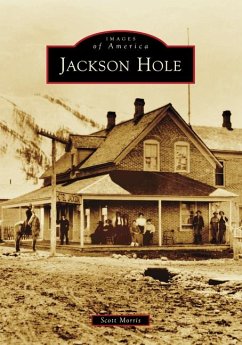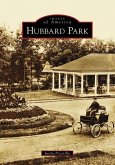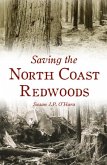The broad valley of Jackson Hole and the ridges and slopes around what would become Jackson, Wyoming, had long been a crossroads to the region's Indigenous peoples when fur trappers arrived in the early decades of the 19th century and made Jackson Hole a lynchpin of their continental commerce. Many came and went, but some stayed, with a settlement taking form near the banks of Flat Creek at the base of East Gros Ventre Butte. Small-scale cattle ranching formed the first economic base of this frontier town, but before long, the valley's incomparable elk herds drew market hunters, game wardens, and hunting guides. Jackson became a ski town with turn-of-the-20th-century cross-country skiing, the 1920s and 1930s development of Mount Snow King, and the 1960s opening of Jackson Hole Mountain Resort. These years saw the development of an authentic Western skiing culture and demonstrated Jackson's pivot from sleepy frontier town to major logistical hub for recreational visitors. Two beloved national parks just to the north added to the flow of visitors as postwar prosperity funded new road trips and mountain vacations.
Hinweis: Dieser Artikel kann nur an eine deutsche Lieferadresse ausgeliefert werden.
Hinweis: Dieser Artikel kann nur an eine deutsche Lieferadresse ausgeliefert werden.








